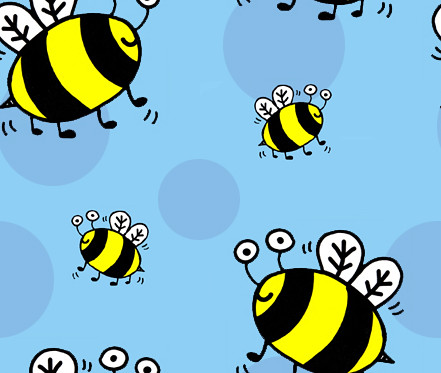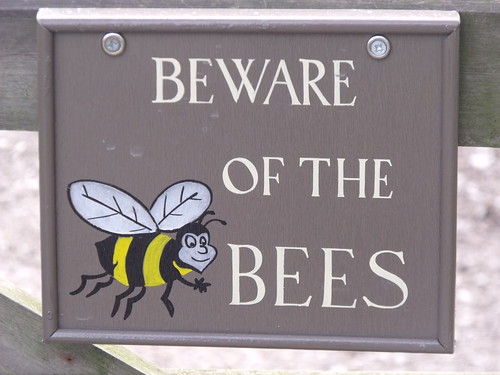Yesterday was all about the Scripps National Spelling Bee. Congratulations to 13-year old Arvind Mahankali of Bayside Hills, New York. Arvind won the 86th Scripps National Spelling Bee by correctly spelling knaidel, “a type of dumpling eaten by Jews during Passover.”
Knaidel is Yiddish in origin by way of German, and after misspelling German words two years in a row, Arvind proclaimed that “the German curse has turned into a German blessing.”
Check out all the words from the final round of the Bee, as well as all the winning words starting from 1925.
In other bee news, Ben Zimmer discussed this year’s change to the rules that required competitors to know the definitions of the words they were spelling. Mashable rounded up 10 spelling bee words we’d definitely mess up, Mental Floss reminded us of 13 words that knocked out Scripps Bee finalists, and we confessed to common words we still can’t spell.
At the Macmillan Dictionary blog, Gill Francis discussed dangling modifiers and Simon Williams told the story behind the phrase, as rare as hen’s teeth.
At Lingua Franca, Anne Curzan looked at more importantly; Allan Metcalf redefined the dictionary; Ben Yagoda played the the card and suggested smart as an early contender for the word of the year. Lucy Ferriss thought getting rid of the apostrophe might be a good idea, and Matthew J.X. Malady at Slate agreed.
Inventor of the GIF, Steve Wilhite, told us the proper way to pronounce the acronym, while Stan Carey assured as we can pronounce it however we like, and also gave a reactive defense of the word, proactive.
James Harbeck relayed the delights and frustration of off-road grammar; dissected the linguistics behind seven annoying teenage sounds; and clarified some preposition confusion. Kory Stamper explained how pop culture words become official.
The Dialect Blog examined the pronunciation of Manhattan; the differing pronunciations of the letter t in butter and button; and the word goombye.
In words of the week, Fritinancy noted HOHO, which stand for hop-on hop-off and “describes a type of sightseeing bus that allows passengers to disembark whenever they reach a stop that interests them, then re-board when it’s convenient”; and tick-tock, “journalism jargon for a story that recounts events in chronological order, as if accompanied by the soundtrack of a ticking clock.”
The Word Spy spotted smartphone face, “a drooping jawline and saggy jowls caused by neck muscles that have been shortened from constantly looking down at a smartphone or similar device,” while Erin McKean brought to our attention, fondleslab, another word for the iPhone, iPad, or similar device, as opposed to grandpa box, a desktop computer.
Erin’s weekly word choices also included magicicadas, periodical cicadas; nixtamalization, “dried corn treated with lye or lime,” and bodag, a special Roma bread.
The Altantic took a look at a new book, Holy Sh*t: A Brief History of Swearing, focusing on how Romans swore, while Salon excerpted the book. Meanwhile, Medium recounted the history of fuck yeah on Tumblr.
McSweeney’s gave us some updates to the new Newspeak dictionary, while several words were added to Le Petit Robert, a popular French dictionary, including bombasse, “a noun used to describe a curvy female”; chelou, “slang for someone or something of dubious character”; and galoche, the French kiss. Well, it’s about time.
That’s it for this week!
[Photo: CC BY 2.0 by Jelene Morris]


